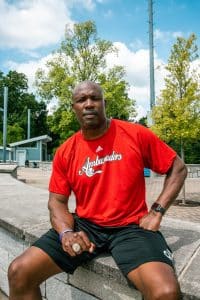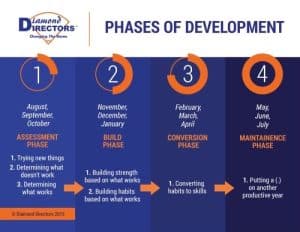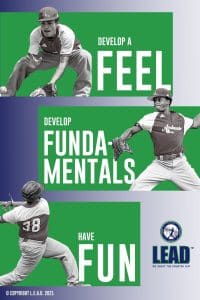 Amit Kalantri once said, “Schooling doesn’t assure employment but skill does.”
Amit Kalantri once said, “Schooling doesn’t assure employment but skill does.”
At age 14, I was 6 feet and about 175 pounds. I was really fast, had a good arm and above average bat speed.
I was sure I would become a Major Leaguer because everybody told me how much talent I had. But I had to find out the hard way that talent is the floor and skill is the ceiling.
Talent is doing things well, while a habit is doing things well repeatedly without thought. Skills are doing things well without thought while under stress.
As I attend Travel Baseball tournaments this summer, I see a lot of talented players who look the part. But the sign of any adversity causes them to be paralyzed at the plate.
The best way to convert talent to a habit is getting tens of thousands of reps.
There are seven parts of the swing and it takes 3,000 reps to build a habit:
- Stance/Load
- Timing
- Tempo
- Tracking
- Approach
- Contact
- Extension/Finish
That’s 21,000 reps.
Habits are built with a lot of practice. Skills are developed when you practice under pressure. I refer to this as training. Practicing and training are not the same thing.
For more information, visit L.E.A.D. Center for Youth today. Also, check out our Digital Magazine.
C.J. Stewart has built a reputation as one of the leading professional hitting instructors in the country. He is a former professional baseball player in the Chicago Cubs organization and has also served as an associate scout for the Cincinnati Reds. As founder and CEO of Diamond Directors Player Development, C.J. has more than 22 years of player development experience and has built an impressive list of clients, including some of the top young prospects in baseball today. If your desire is to change your game for the better, C.J. Stewart has a proven system of development and a track record of success that can work for you.






